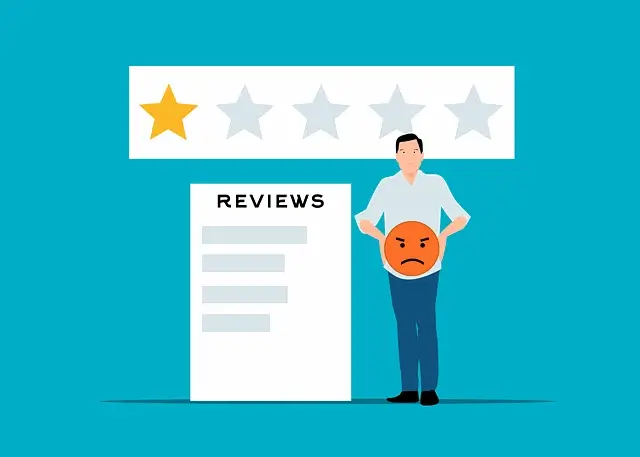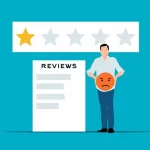According to the Consumer Financial Protection Bureau (CFPB) and the Better Business Bureau (BBB), the 5 most common complaints about collection agencies are:
- Debt collectors calling at unreasonable times. Debt collectors are prohibited from calling consumers before 8:00 a.m. or after 9:00 p.m., unless the consumer has given them permission to do so.
- Debt collectors using abusive or threatening language. Debt collectors are prohibited from using abusive or threatening language, such as making threats to sue, garnish wages, or seize property.
- Debt collectors contacting third parties about the debt. Debt collectors are prohibited from contacting third parties about the debt, such as your friends, family, or employer, without your permission.
- Debt collectors failing to provide accurate information about the debt. Debt collectors are required to provide consumers with accurate information about the debt, such as the amount owed, the name of the creditor, and the date the debt was incurred.
- Debt collectors attempting to collect debt that is not owed. Debt collectors are prohibited from attempting to collect debt that is not owed.
If you have a complaint about a debt collector, you can take the following steps to resolve it:
- Contact the debt collector directly. The first step is to contact the debt collector directly and explain your complaint. If the debt collector is willing to resolve the complaint, you may be able to resolve it quickly and easily.
- File a complaint with the CFPB. If the debt collector is not willing to resolve the complaint, you can file a complaint with the CFPB. The CFPB is a federal agency that enforces the Fair Debt Collection Practices Act (FDCPA), which prohibits debt collectors from engaging in certain abusive practices.
- File a complaint with the BBB. You can also file a complaint with the BBB. The BBB is a non-profit organization that collects complaints about businesses and provides ratings and reviews.
- Contact your state’s attorney general’s office. You can also contact your state’s attorney general’s office. The attorney general’s office may be able to help you resolve your complaint with the debt collector.
Here are some additional tips for resolving complaints about debt collectors:
- Keep a record of all communications with the debt collector. This includes the date, time, and content of the conversation.
- Ask the debt collector to send you written confirmation of the debt. This will help you to verify the debt and to document your complaint.
- If you believe the debt is not yours, dispute it in writing with the debt collector. You can also dispute the debt with the original creditor.
- If the debt collector continues to harass you, you can sue them in court.






